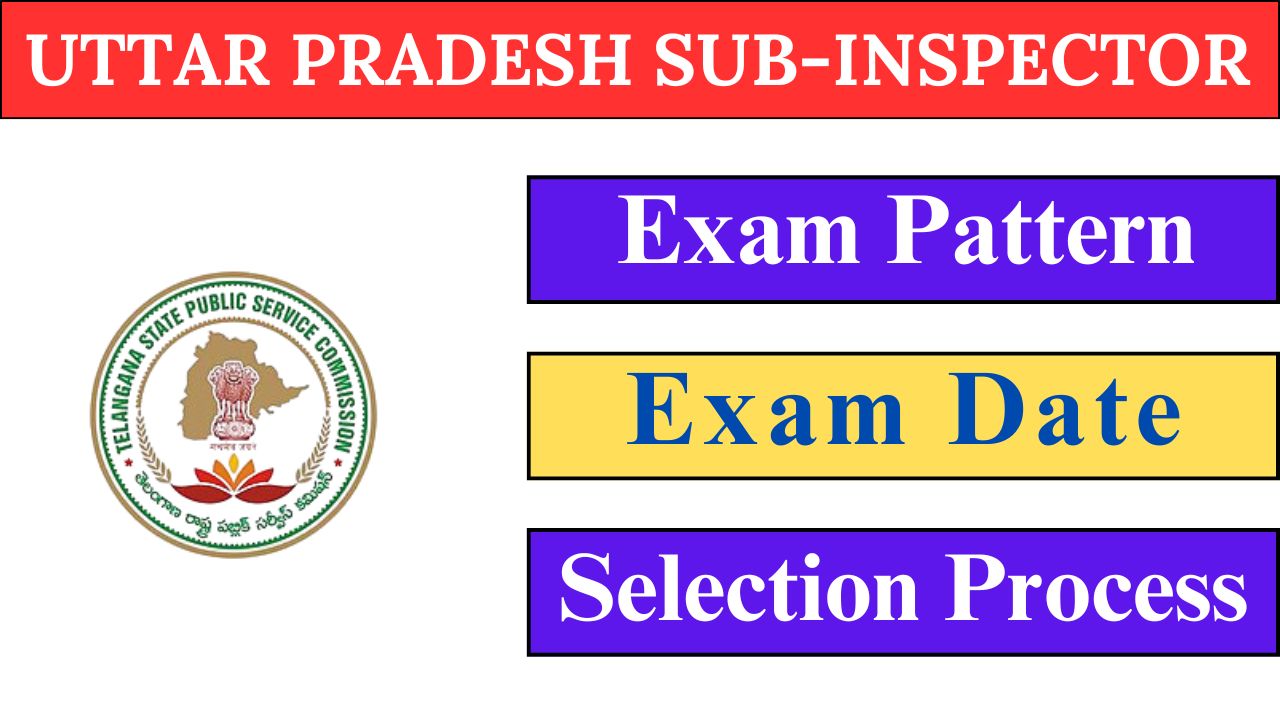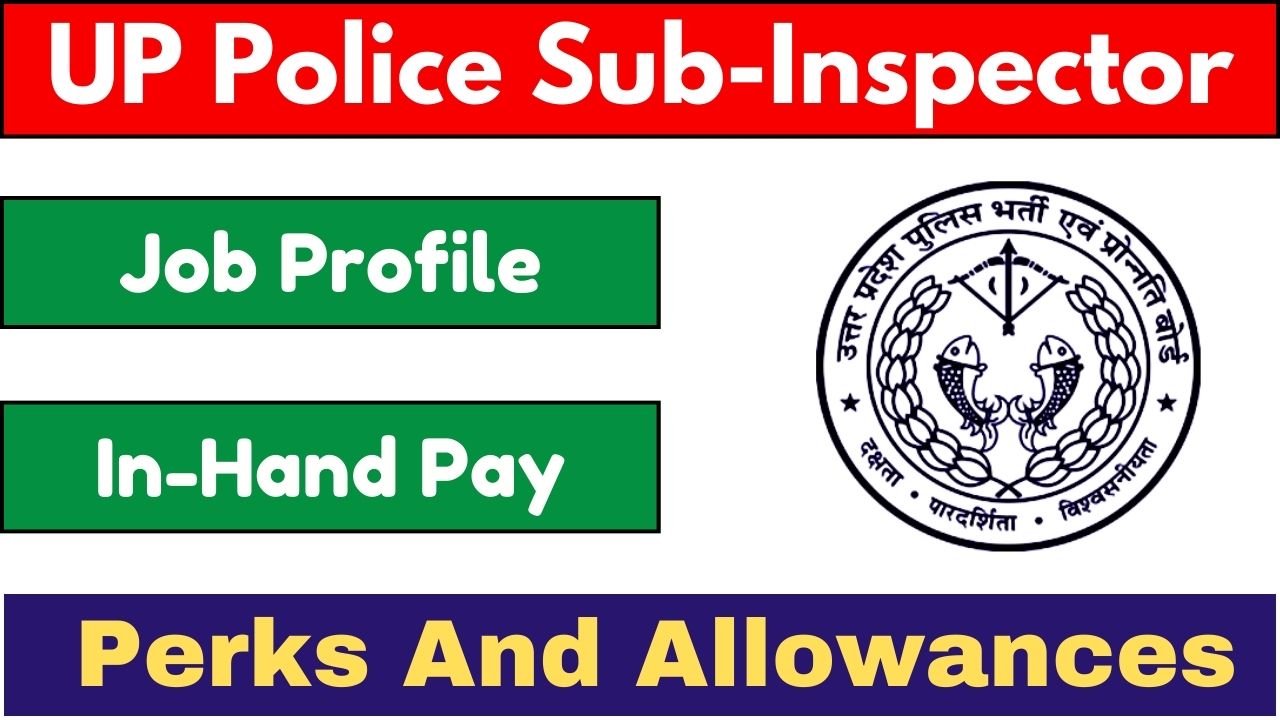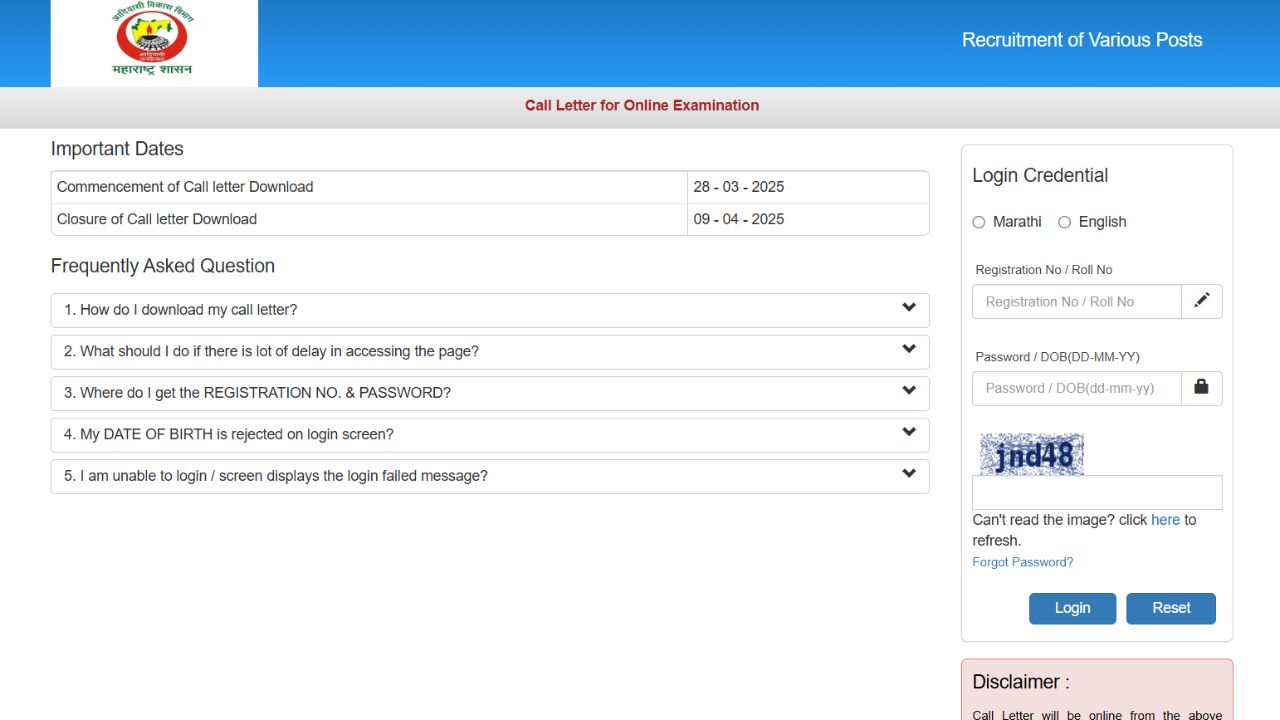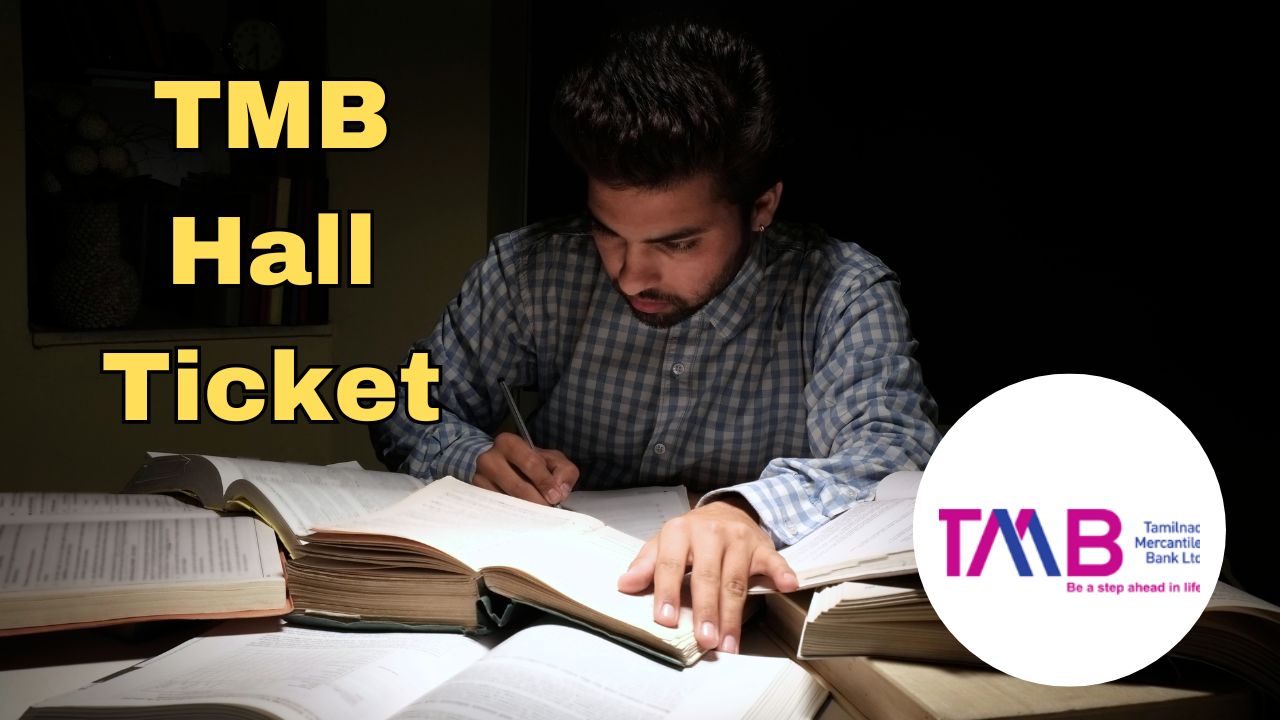The Institute for Economic Justice (IEJ) has recommended increasing South Africa’s Social Relief of Distress (SRD) grant from the current R370 to R700 per month.
To fund this increase, the IEJ suggests implementing a series of progressive tax measures, including a luxury value-added tax (VAT), aiming to alleviate poverty and stimulate the economy for vulnerable communities. The proposed increase is intended to provide a more substantial safety net for millions of South Africans who struggle to meet their basic needs.
Background: The Need for an Increased SRD Grant
The SRD grant was introduced in 2020 as a temporary financial aid to support those hit hardest by the COVID-19 pandemic. Initially set at R350, it provided crucial assistance to unemployed individuals and those facing financial instability.
In April 2024, the government increased the grant to R370, but this amount still falls short of the food poverty line of R700, which represents the minimum income needed to meet basic nutritional requirements. The gap between the current grant and the actual cost of living has left many South Africans vulnerable to food insecurity and other hardships.
Current SRD Grant vs. Food Poverty Line
| Parameter | Amount (R) |
|---|---|
| Current SRD Grant | 370 |
| Food Poverty Line | 700 |
According to Zimbali Mncube, a budget policy researcher at the IEJ, the current SRD grant is insufficient to meet even basic needs like food and shelter. Mncube argues that increasing the grant to R700 would create a stronger safety net for South Africans living in poverty while also boosting local economies, as recipients typically spend their money within their communities.
The proposed increase would not only help individuals meet their daily needs but also help break the cycle of poverty by providing them with more financial stability.
The IEJ emphasizes that the current level of the SRD grant is far below what is necessary for individuals to live with dignity. The grant’s inadequacy has contributed to persistent poverty, with many recipients unable to afford necessities such as food, healthcare, and education for their children. By raising the grant to R700, the IEJ believes that it will help address some of these issues and provide a pathway toward a more equitable society.

Funding Proposal: Progressive Tax Policies
To fund the increase, IEJ suggests progressive tax policies, including:
- Luxury VAT: A tax on high-end goods purchased by affluent individuals.
- Wealth Tax: Increased taxes on dividends, estates, and tax rebates for high-income earners.
These taxes would aim to raise funds from wealthier citizens, avoiding additional burdens on essential goods used by low-income households.
Summary of Proposed Tax Policies
| Policy | Details |
|---|---|
| Luxury VAT | This applies to high-end goods |
| Wealth Tax | Targets high-income earners and estates |
Mncube believes these policies could reduce inequality and fund vital social programs. By ensuring wealthier citizens contribute fairly, the government can support the SRD grant increase and other social initiatives for the most vulnerable populations.
Economic and Social Benefits of a Higher SRD Grant
Currently, around 16 to 22 million people qualify for the SRD grant, but budget constraints limit access. An increase could enhance support for all eligible individuals.
Benefits of Raising the SRD Grant to R700
- Meeting Basic Needs: Enabling recipients to cover food, health, and shelter costs, thus reducing hunger and health issues.
- Boosting Local Economies: Increased spending power among recipients supports local businesses.
- Improving Quality of Life: Greater financial stability can lead to better health, education, and job readiness.
The IEJ asserts that this increase could stimulate local economies and have a positive multiplier effect, benefiting communities and the broader economy.
Challenges and Criticisms
Critics argue that raising taxes on high-income earners could lead to capital flight, where wealthy individuals relocate to avoid high taxes, affecting revenue. South Africa’s limited tax base, reliant on a small number of high-income taxpayers, could also pose challenges.
Key Concerns Raised
- Capital Flight: High taxes may push wealthier individuals to leave South Africa, impacting revenue.
- Narrow Tax Base: With a small percentage of taxpayers contributing a large share, further tax increases could destabilize the system.
Economist Dawie Roodt highlights these risks, noting the small number of taxpayers and companies bearing most of the tax burden. Additional taxes could prompt an exodus of wealth and reduce compliance among high-income groups.
Balancing Social Welfare and Economic Stability
The proposal to increase the SRD grant underscores the challenge of balancing social welfare expansion with economic stability. Nearly half of South Africa’s population relies on social grants, making this support essential. However, funding expansion without causing economic repercussions is complex.
Balancing Social and Economic Needs
- Social Welfare Expansion: An increased SRD grant could improve lives and reduce inequality.
- Economic Sustainability: Progressive taxes must be implemented carefully to avoid unintended consequences like capital flight.
The IEJ’s proposal offers a pathway to addressing poverty and inequality. However, its success depends on striking a balance between generating revenue and maintaining economic stability. Properly implemented, this approach could help South Africa build a more equitable society with shared prosperity.





